Why is a marketing project plan important
Putting together a marketing project plan is a key step in aligning on strategy and target audience. It serves as a clear guide for your marketing actions and priorities. It's an essential tool internally, but also for any client marketing project you take on.
When done well, project managers can use it to navigate project management and delivery efficiently. It should outline and track project goals, deliverables and take into account your available budget and resources.
What is a marketing project plan?
A marketing project plan serves as a detailed guide, outlining your strategy and actions. It covers target markets, customer needs, marketing channels, and the overall project management approach. This plan acts as the roadmap for project managers, detailing project goals, deliverables, timelines, and business strategies.
What should a marketing project plan cover?
1. Overview of market research and analysis
2. Overview of brand and value positioning
3. Outline of strategy and campaigns
4. Clear plan for content creation and distribution
5. Indications of performance and goal tracking
Putting together a marketing plan requires a team effort. Craft a project plan with your team to make sure you cover all the bases above.
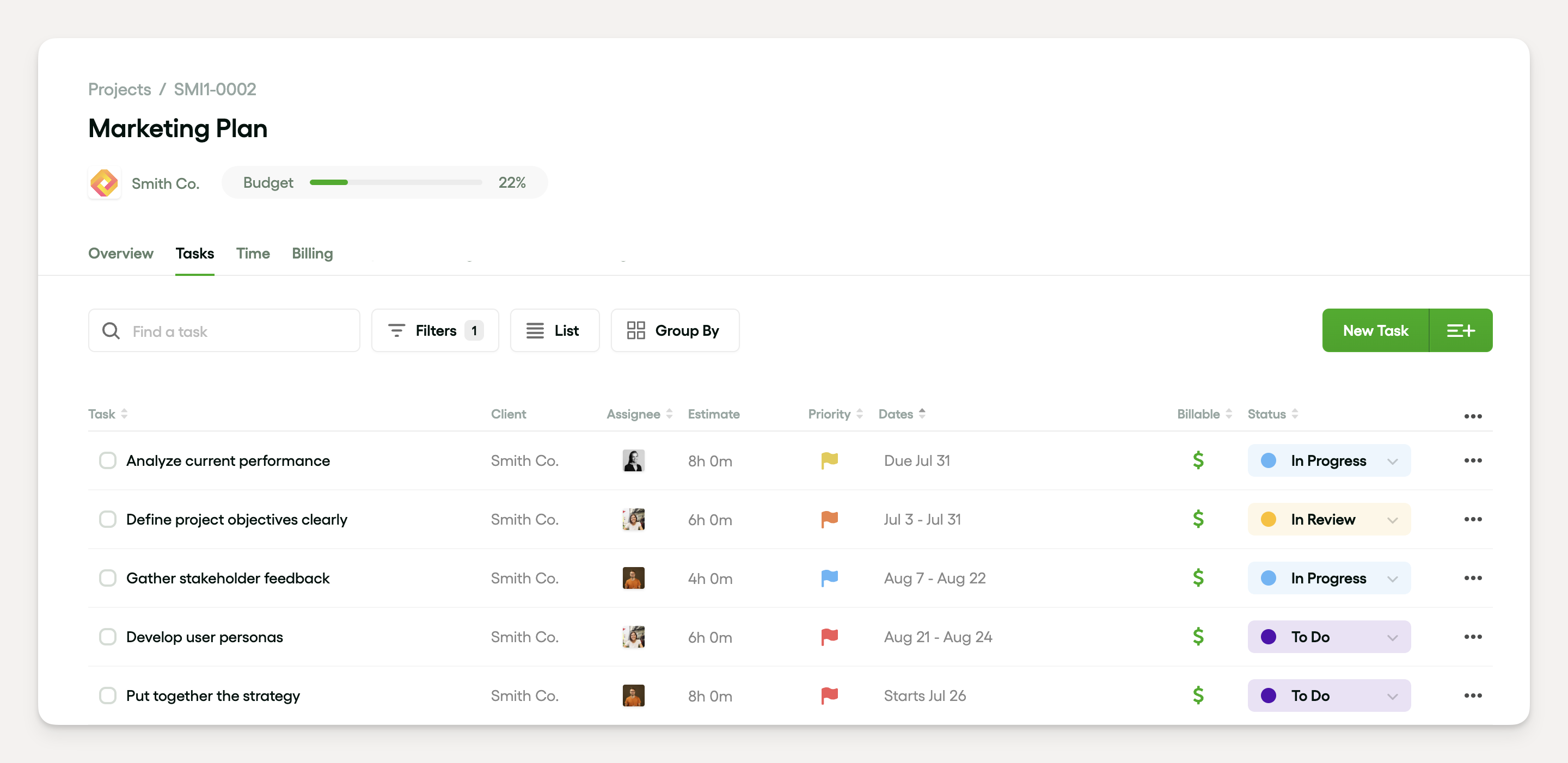
What makes a marketing project plan successful
A successful marketing project plan relies on a well-defined marketing strategy that clearly identifies the project goals, target market, and customer needs. Robust project management with a clear timeline, task tracking and budget monitoring is key to set up an effective marketing project plan.
Choosing the right marketing channels is central to a great marketing plan. It informs all the digital marketing efforts and ensure it's aligned with business objectives.
Clear objectives
Start by defining project goals. They'll serve as a roadmap and guide the channel you decide to prioritize, deliverables as well as facilitate effective project risk management. As the project progresses, deliverables should be outlines and tracked according to the timeline and tasks created.
Dedicated project managers
Project managers handle marketing campaigns. They ensure goals align with the business strategy, create marketing plans, and manage timelines, tasks, and risks.
Project managers are responsible for staying within budget and ensuring the marketing plan is progressing according to plan. It's crucial to provide clear goals and tasks upfront to project managers so they do their job in the best conditions. Take the time to map out your plan and key actions, and use a solid project management system.

Strategy alignment
Creating a successful marketing plan means knowing your audience and their needs. Choose the best channels, like online ads, traditional media, and social networks, that fit your business goals.
A project manager ensures everything runs smoothly and on time. They also handle any issues that arise. Regularly check and adjust your plan to keep it effective.
The right resources and budget
Allocate your resources and budget wisely. You can have a great strategy but if your budget doesn't align, you've done all the work for nothing. The project manager ensures the plan stays within within the budget. This involves setting project goals and creating a marketing strategy that fits the chosen channels. The timeline also affects resource allocation, requiring careful estimation of time and resources for each task. By planning and allocating resources carefully, your team can run a successful marketing campaign.
A clear timeline
The project manager will use the clear goals and deliverables to put together the project timeline. The marketing strategy will use various channels, including digital marketing, to reach our audience.
This approach aligns with our business strategy and includes a strong risk management process to ensure smooth operations. A well-structured marketing plan will help track activities and measure success.
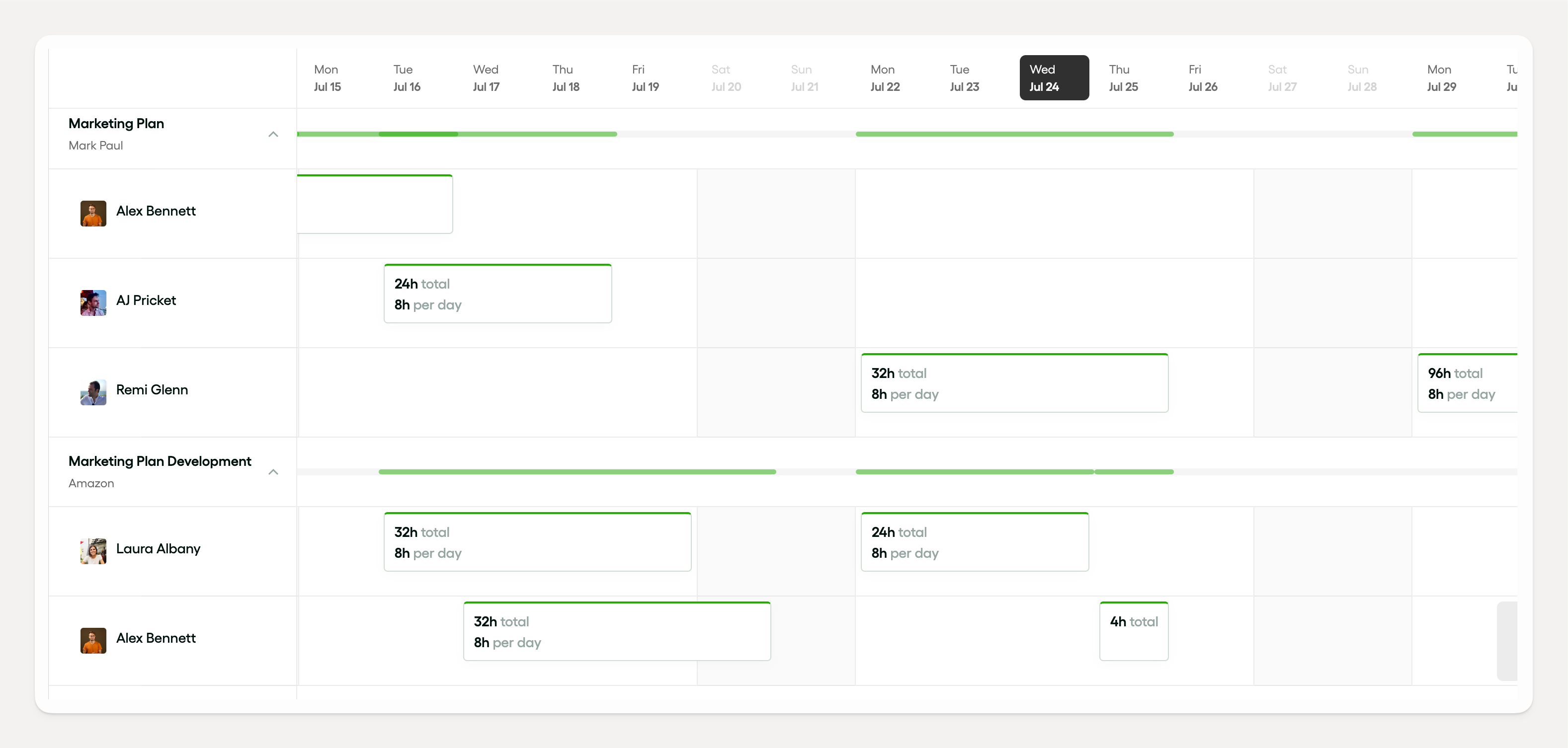
Steps to create a marketing project plan
When developing a marketing project plan, it's important to dedicate a segment of time for the implementation project plan. This part of the plan ensures that all marketing initiatives can be effectively put into action. By doing this, we stay on track throughout the duration of the project.
Now you know what key ingredients are needed for a great marketing project plan, let's cover the steps to creating one.
1. Conduct market research
Market research is crucial for creating a marketing project plan. Through research you can understand your competitors, what customers need and the best marketing channels. Marketing project management is key to this process. A project manager ensures goals are met on time, manages tasks, and handles risks. Combining these elements with a clear business strategy and a digital marketing plan ca
2. Set measurable goals
Effective marketing project management involves setting clear goals that match your business strategy. These goals focus your marketing efforts on meeting customer needs. A project manager outlines specific tasks and a timeline while managing risks. Goals might include reaching a specific audience size, improving conversion rates, or increasing visibility through digital marketing. These goals act as milestones to guide the marketing plan.
3. Define the right marketing channels
Selecting the right marketing channels is a critical aspect of executing a solid marketing strategy. It's the project manager's responsibility to make this call while considering the target market. Making the wrong channel call can hinder your marketing plan and goals. While making the right call can boost your business and ensure your project plan stays on track. Careful project risk management can help iron out any potential issues in the project timeline and ensure a solid marketing project management.
4. Develop a content strategy
A successful marketing campaign needs a clear content strategy and clear outline of project deliverables. The project manager here also plays a crucial role in making sure that content delivery is on track and aligned with overall business strategy. Key components of a great content strategy include similar aspects to a marketing project plan: a well-define project timeline with milestones and associated tasks, risk management, resource allocation, and more.
5. Implement and monitor the plan
A project manager's responsibility isn't just to implement the plan but also to monitor it's results and report back to key stakeholders. Project managers must be able to answer clearly about whether goals are met and whether the budget and timeline are respected. Projects don't always go according to plan, and a great project plan will take that into account, providing solutions to manage risk and unexpected obstacles.
How to manage your marketing project
The right software and tools can bring your marketing project plan to life and facilitate its implementation and tracking. Bonsai is a great example of a project management software your team can rely on to monitor project progress, budget and foster team collaboration.
Bonsai - ideal for project management
Resource allocation
Plan and allocate your team's time across tasks and ensure your marketing project plan is utilizing all of your available capacity.
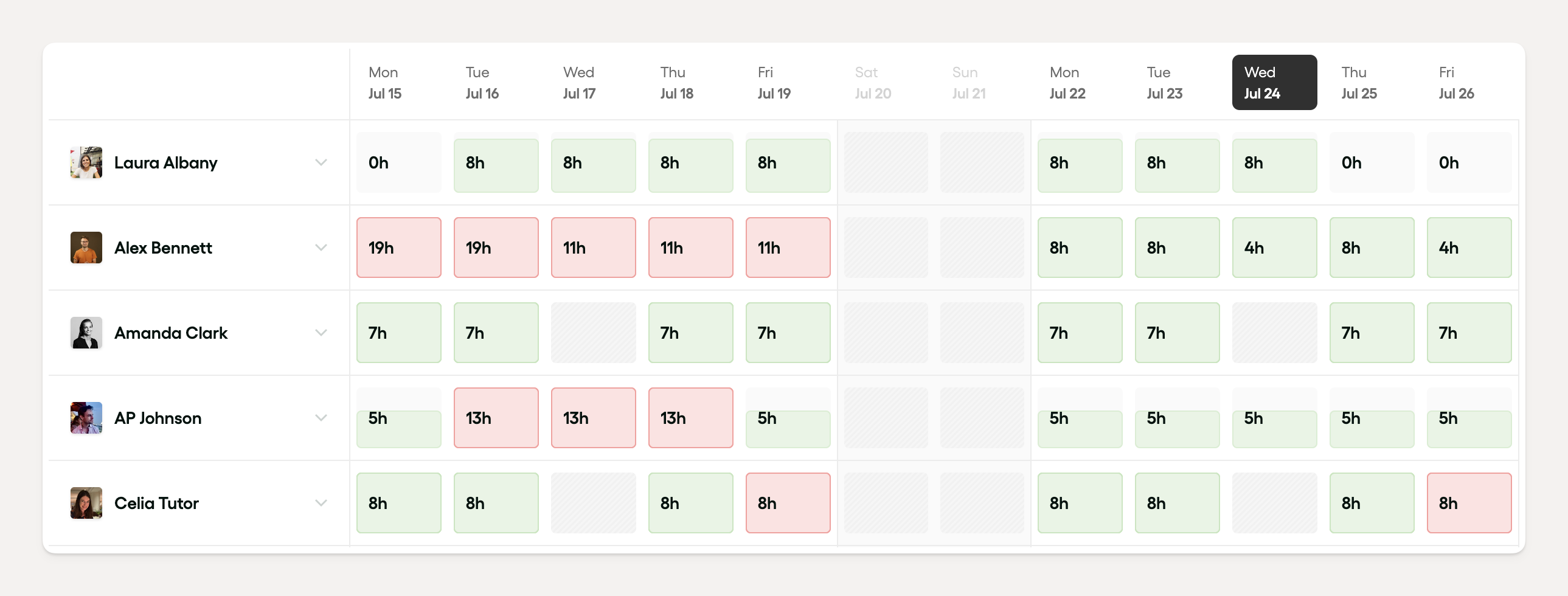
Budget tracking
Set a budget for your marketing project and plan accordingly. Monitor it closely as it progresses and make sure remain under budget and on track.
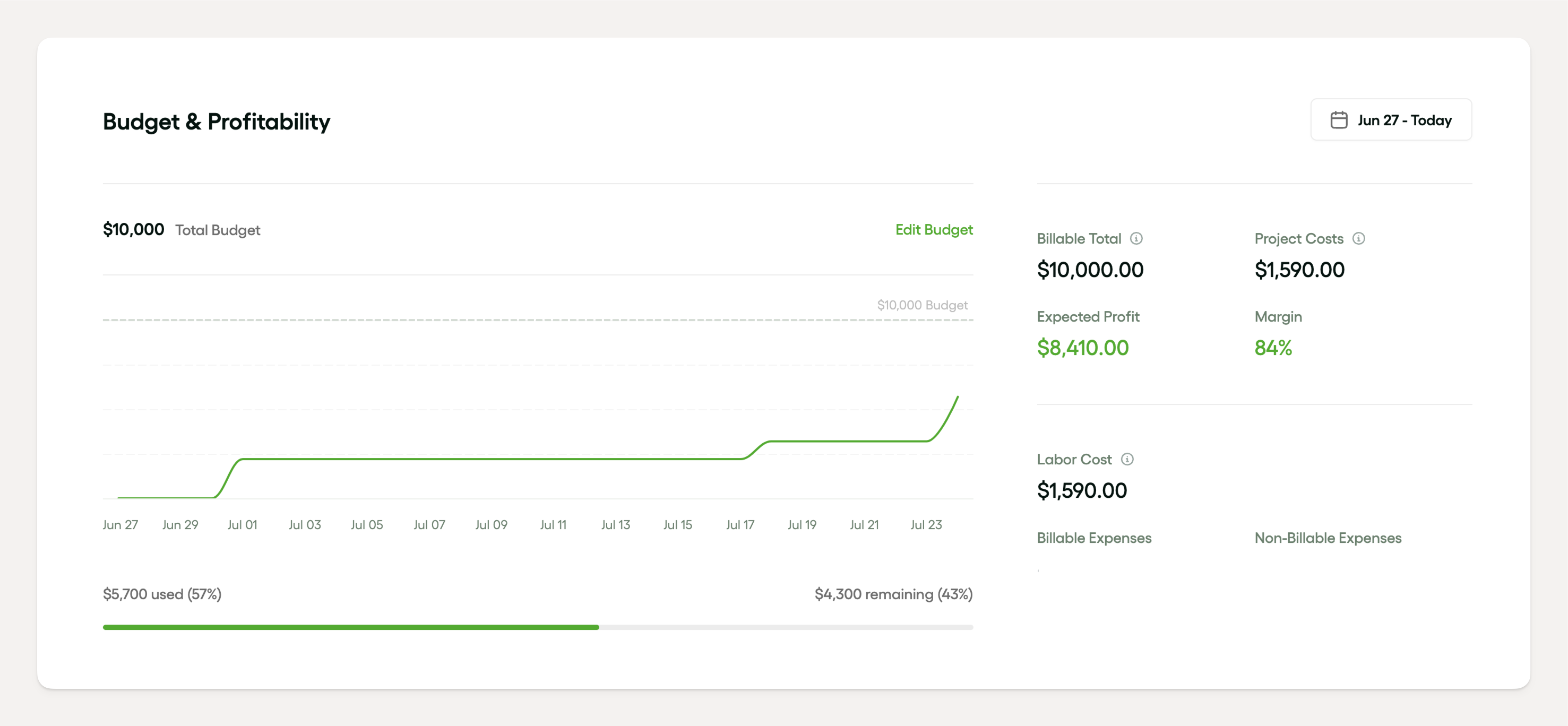
Project timeline and deliverables tracking
See your tasks in Kanban board or Gantt chart and make sure everything gets delivered as planned.

Reports & analysis
Track how your marketing project is progressing in real-time with useful reports and insights right in Bonsai. In the same place where you are doing all your task management, you can track your financials, margins and more to ensure your marketing project is going to plan.
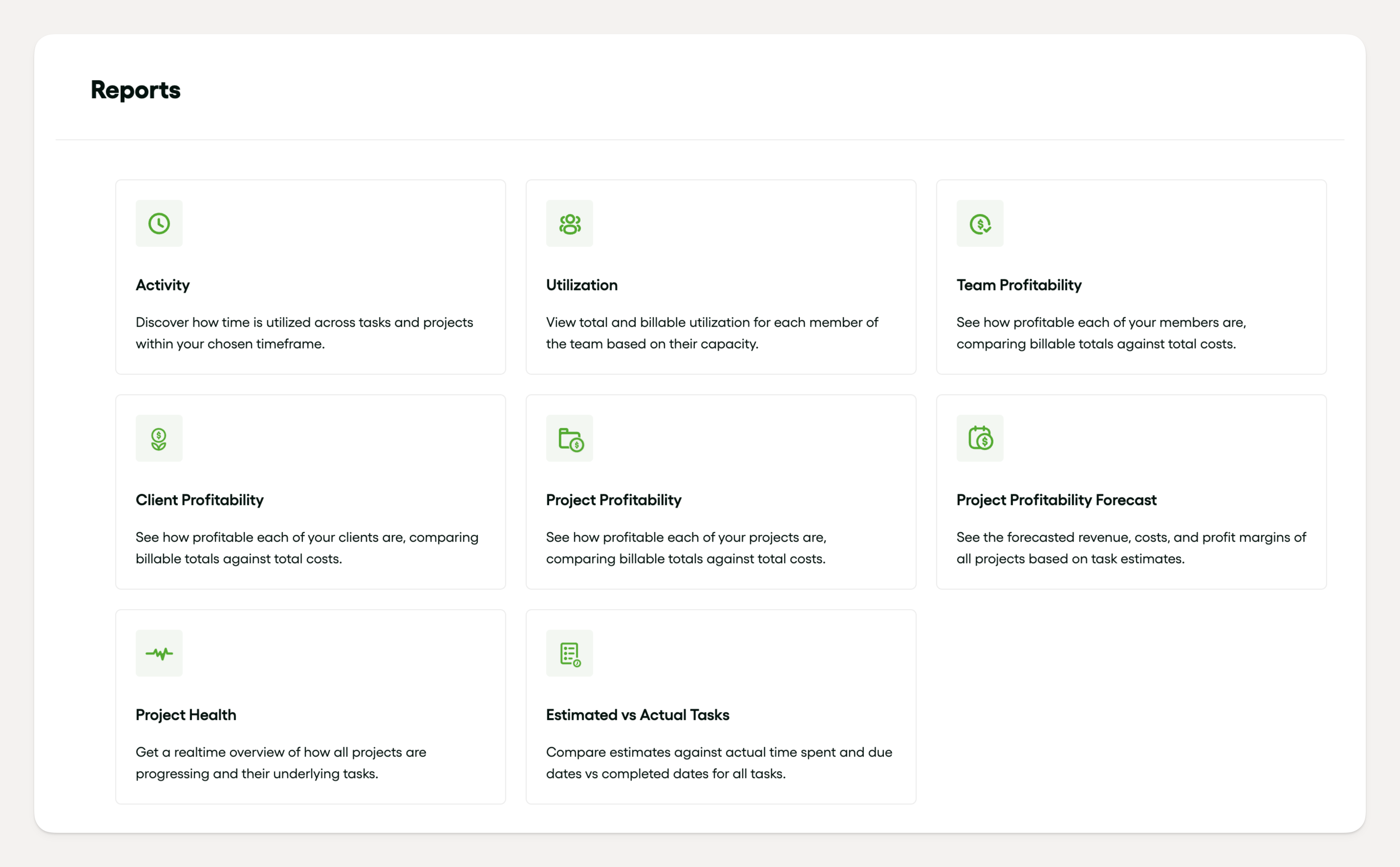
Actionable ideas for your next marketing project plan
Once your marketing strategy is clear, you can start putting your marketing project plan together and identifying the relevant initiatives based on your target market. Here, the project manager plays a crucial role in organizing tasks and making sure the project is completed on time.
It can be daunting to start coming up with a plan. So here are some ideas to help you start planning a marketing project and give you some pointers:
Embrace social media marketing
Think about which social media to prioritize for your marketing plan: Facebook, Instagram, Twitter, LinkedIn and TikTok all have relevant audiences based on your customers and personas. Good marketing project management assists in defining clear project goals, managing project timeline, and ensuring all project deliverables are met effectively. Your project manager will play a significant role in executing your social marketing campaigns.
Invest in SEO
Investing in SEO is a long-term business strategy that can result in incredible business growth. But it requires meticulous project management, a clear project timeline and clear deliverables. It's a true investment because it requires a lot of efforts and coordination, without providing immediate results. But the long-term effect are exponential.
Consider influencer marketing
Influencer marketing has become an integral part of a modern marketing strategy, especially in digital marketing. Connecting with a target market through influencers who have already gained their trust can significantly enhance a marketing campaign's reach and impact. This channel also requires a lot of careful project management as you are managing many different stakeholders at the same time.
Conclusion
While a clear marketing strategy is the basis for a good marketing project plan, it's just the beginning. A marketing project is only as good as how it is executed, managed and analyzed. So take the time to put down a clear plan of actions, goals and deadlines before you start executing your strategy. This will make your project manager's job easier, it'll help stakeholders understand where a marketing project stands and it'll help alignment with your entire team.







